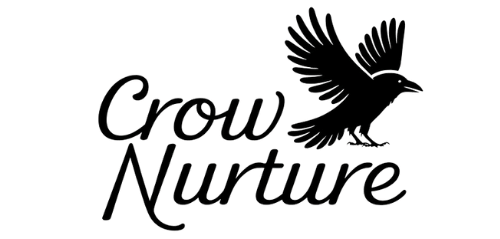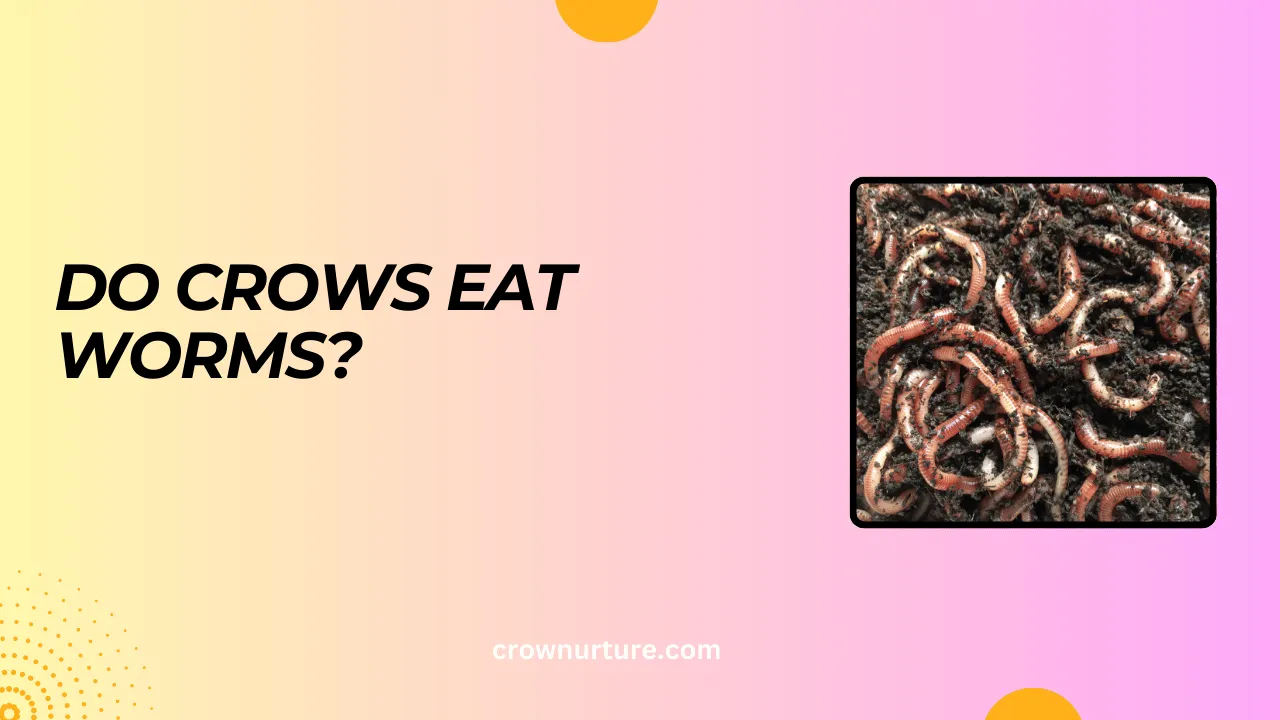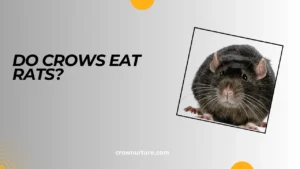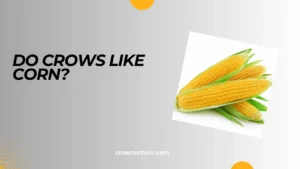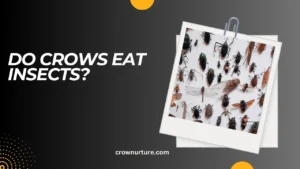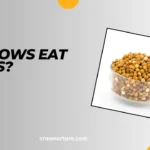Crows are some of the most resourceful and intelligent creatures on the planet, thriving in environments ranging from forests to bustling cities. Their adaptability raises an interesting question: what do they eat to sustain themselves in such diverse habitats?
Among the many foods they consume, worms play a surprising but significant role in their diet. Worms, often overlooked as simple soil dwellers, are a nutritious and easily accessible food source for crows.
These opportunistic feeders are known for their ability to locate and extract worms from the ground using their strong beaks and sharp observation skills. By eating worms, crows not only meet their dietary needs but also contribute to the delicate balance of ecosystems.
Understanding why and how crows eat worms offers insights into their fascinating behavior and their role in nature. It also highlights how these birds interact with their environment, from pest control to scavenging.
In this article, we’ll explore the diverse diet of crows, their foraging techniques, the ecological significance of their feeding habits, and how they coexist with humans.
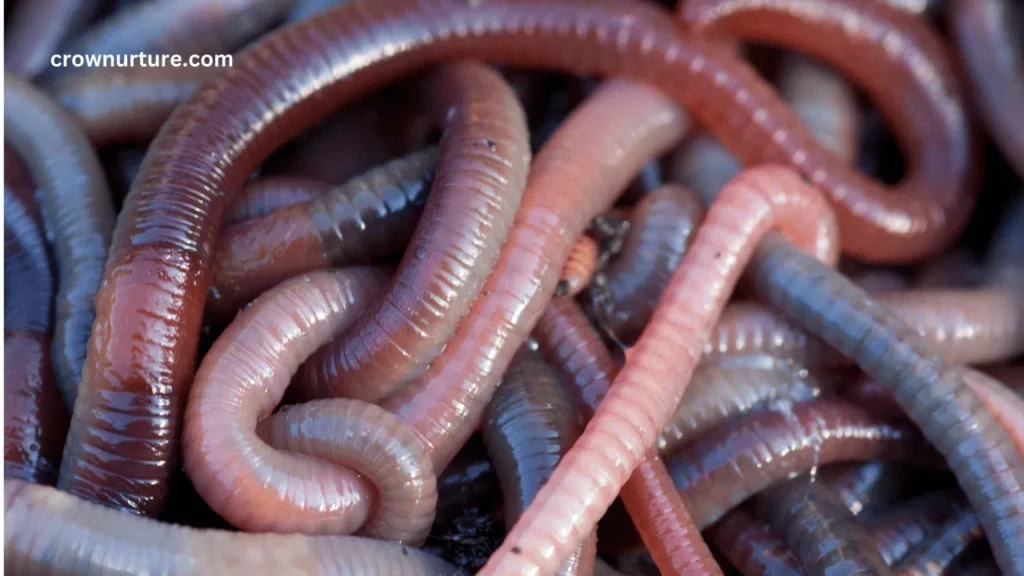
Contents
1. Crows: Opportunistic Omnivores
Crows are opportunistic omnivores, capable of eating both plants and animals depending on what’s available. Their diet is incredibly diverse, allowing them to thrive in various habitats.
This versatility is a key factor in their survival, especially in changing environments. Crows are quick to exploit any food source, whether it’s insects, fruits, or human-provided leftovers.
By consuming a mix of plant and animal matter, crows ensure that they meet their nutritional requirements throughout the year. This adaptability makes them one of the most resilient bird species.
2. Food Sources for Crows
Crows eat a wide variety of foods, ranging from insects and small animals to carrion and plant matter. Insects, like beetles and grasshoppers, are a major part of their diet, providing protein and energy.
They are also known to prey on small animals, including frogs, rodents, and young birds. Their role as scavengers is vital too, as they clean up carrion, reducing the spread of disease.
On the plant side, crows consume fruits, seeds, grains, and nuts, making them crucial for seed dispersal. This varied diet demonstrates their adaptability and ecological importance.
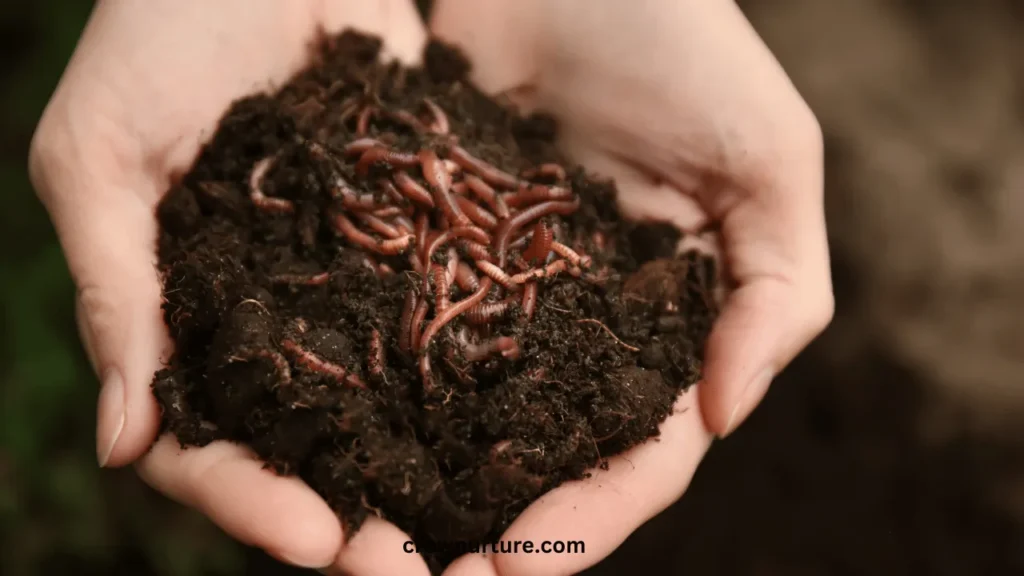
3. The Role of Worms in Crow Diet
Earthworms are a nutritious and easily accessible food source for crows. These birds use their sharp beaks to dig and probe the soil, locating worms with impressive precision.
Worm consumption varies seasonally, as worms are more abundant during rainy periods or in moist soils. During these times, crows actively forage for them, taking advantage of their availability.
Eating worms not only provides crows with protein but also helps aerate the soil indirectly, as their foraging activity stirs up the ground, benefiting plant growth.
4. Impact of Crow Feeding on the Ecosystem
Crows play a key role in maintaining ecological balance through their diverse diet. By eating insects, they help control pest populations that could damage crops or plants.
Their scavenging behavior keeps the environment clean by removing carrion, which can spread diseases. Additionally, their consumption of fruits and seeds aids in seed dispersal, fostering plant diversity.
Even their worm-eating habits contribute indirectly to soil health, as their digging and foraging mix nutrients and improve soil quality. This makes crows an integral part of the ecosystems they inhabit.
5. Human-Crow Interactions
Human activities often attract crows, whether through open garbage, pet food, or bird feeders. This creates opportunities to observe their fascinating behaviors up close.
However, it’s important to minimize conflicts with crows by securing trash and avoiding overfeeding them in residential areas. Coexisting with these intelligent birds requires mutual respect and understanding.
By appreciating their role in nature, humans can foster a positive relationship with crows, ensuring that both species benefit from shared environments.
Conclusion
Crows are extraordinary survivors, and their consumption of worms is a small but significant part of their dietary repertoire. Worms provide them with essential nutrients while showcasing their adaptability and intelligence in foraging.
Beyond their diet, crows are crucial for maintaining ecological balance. They act as scavengers, seed dispersers, and pest controllers, influencing both natural and human-altered environments.
Understanding the behavior and diet of crows deepens our appreciation for their role in ecosystems. Let’s recognize the value these birds bring to our world and strive to coexist harmoniously with them.
FAQs
1. Do crows eat worms?
Yes, crows eat worms, especially earthworms, which provide a rich source of nutrients.
2. How do crows find worms?
Crows use their sharp beaks to dig into the soil and their keen senses to detect worm movements.
3. When do crows eat worms the most?
Worms are a more prominent part of a crow’s diet during rainy seasons or in moist environments.
4. What other foods do crows eat?
Crows eat insects, fruits, grains, nuts, carrion, and small animals like rodents and frogs.
5. Do crows help the ecosystem by eating worms?
Yes, their worm-foraging activities improve soil health, indirectly benefiting plants.
6. Are worms a primary food source for crows?
No, worms are part of their diverse diet but not a primary source of sustenance.
